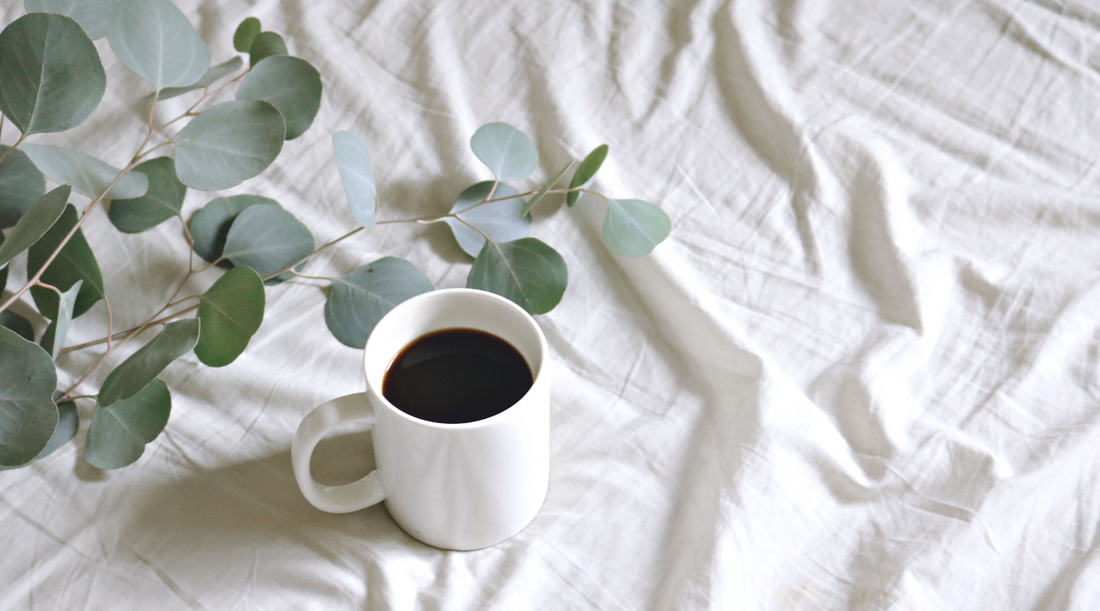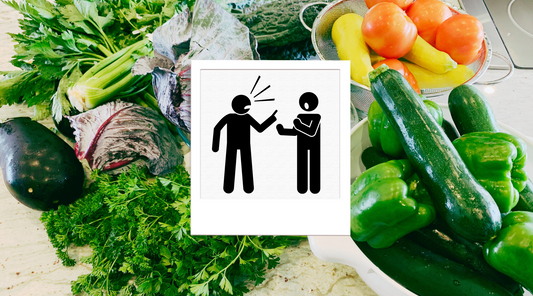
Sip Carefully: The Difference Between Good and Bad Coffee
The world seems to run on coffee. I certainly do. Every mom practically does. So just imagine a world where we all wake up and the coffee is suddenly taken away from us. Pretty scary huh, maybe almost an apocalyptic scene, and I am not being facetious. I grew up spending my summer and winter breaks in Colombia, South America. Consistently exposed to mountainsides with acres and acres of coffee plants and workers selectively picking ripe cherries by hand. I watched as the beans got processed through drying, hulling, grading, and sorting, and then packaged into bags to be exported. It was an unforgettable experience. Naturally, I have a nostalgia for coffee, but my preference and taste buds have evolved over time as I learn more about it.
The Good Coffee.
It can promote brain function, memory, and energy levels. It can serve as an important source of antioxidants and is associated with all sorts of positive health outcomes.
Why Choose Organic? Savoring the pure essence. Opting for organic coffee means choosing beans grown without synthetic fertilizers or pesticides. By embracing environmentally friendly practices, organic coffee minimizes the risk of ingesting potentially harmful chemicals, allowing you to enjoy the true nature of each cup.
Hand-picked, Machine, or Strip Harvest? Elevating the art of coffee. When coffee beans are hand-picked, a meticulous process ensures that only the ripest cherries are selected. This selective harvesting results in a higher-quality brew, brimming with nuanced flavors, and an experience that makes you appreciate good-tasting coffee.
What to Add to Your Coffee? Enhancing your coffee with a non-dairy creamer, coconut or MCT oil, and even grass-fed butter introduces a world of possibilities. It is best to avoid adding sugar, especially artificial sweeteners. Try cinnamon for a sweeter taste. These flavorful additions bring a creamy texture, an enticing richness, and many health benefits to your cup, making each sip a journey worth savoring.
The Bad Coffee.
It can cause some real damage. Hidden molds, pesticides, and toxins will counteract the benefits of coffee's natural antioxidant properties. Plus it just tastes bad, which is why it gets loaded with dairy and sugar.
Pesticides: Brewing a Toxic Concoction. Coffee crops are often treated with pesticides to protect them from pests and diseases. However, excessive pesticide use can harm the environment and pose risks to human health. Opting for organic coffee ensures a brew free from potentially harmful residues, safeguarding your well-being.
Mold: The Hidden Perils of Moisture. Coffee beans, susceptible to mold growth, can harbor health risks when consumed. Moldy coffee may lead to respiratory problems, allergic reactions, and many other health issues. In order to be safe, coffee requires higher quality beans with proper storage and regular inspection, shielding us from these toxins. Make a purposeful purchase and do your research on coffee. I learn a lot from Dave Asprey, founder of Bulletproof Coffee.
Cream and Sugar: Should You Skip It? While personal preferences may dictate adding cream and sugar to your coffee, excessive consumption of added sugars and unhealthy creamers can impact your health negatively. By choosing healthier alternatives or moderating the use of these additives, you can strike a balance, avoiding the risks associated with it. I gave up sugar in my coffee a long time ago. Make it a challenge for 7 days and see what happens.
Overall, paying close attention to the type of coffee you consume is crucial for your health and well-being. As a coffee enthusiast, you might enjoy a cup or more every day, making it essential to understand the nuances of good and bad coffee. Now that you know the difference, do your own research on the brand of coffee you currently consume and what you choose to put inside of it.




